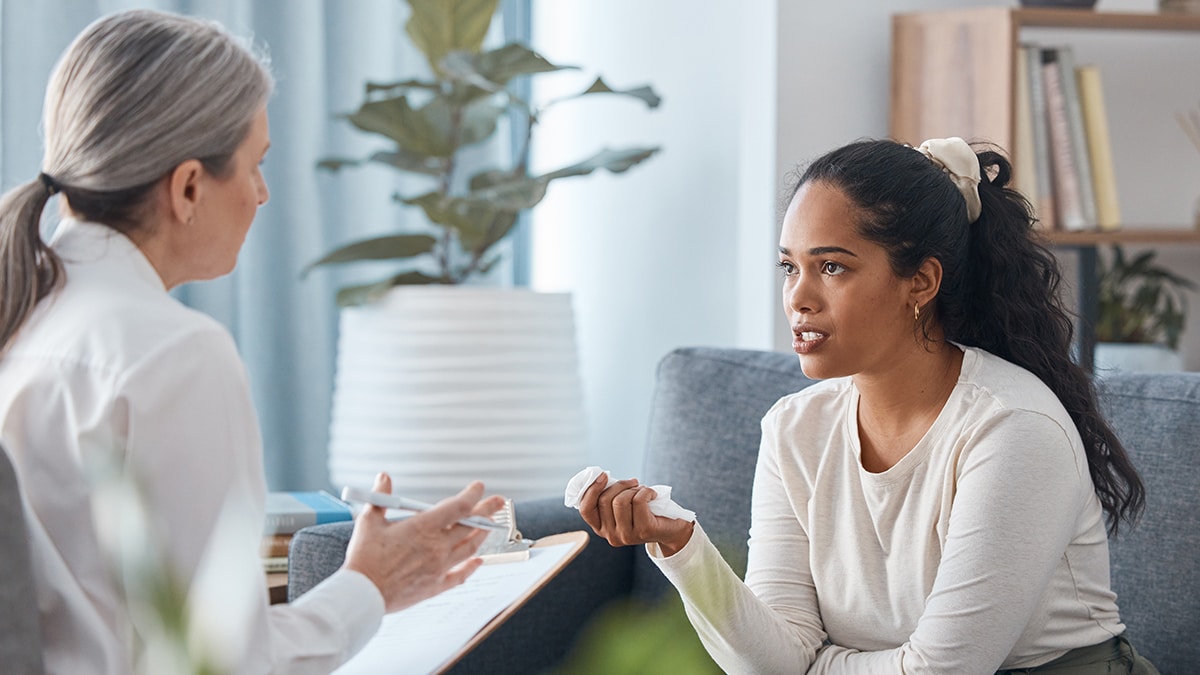What to know

Overview
If you have a personal or family history of cancer that suggests you could have a genetic mutation, your doctor may refer you for genetic counseling. Understanding and dealing with a strong family history of cancer can be hard. Genetic counselors can help by providing information, resources, genetic testing options, and support to you and your family.
How genetic counseling can help you
The genetic counselor will collect details about your family's health history. Genetic counseling can answer questions like:
- Do you have a higher risk for breast, ovarian, or other cancers?
- What are the BRCA1 and BRCA2 genes?
- Could the cancers that run in your family be due to a genetic mutation?
- What are the chances that you have a genetic mutation?
- If you have a genetic mutation, what is the chance you will get cancer?
- How could the results of genetic testing affect you and your family?
- Who in your family should be the first to have genetic testing?
- How accurate is genetic testing?
- What are the possible results of genetic testing and what do they mean?
- What are the risks and limitations of genetic testing?
- How will knowing if you have a genetic mutation help you to lower your cancer risk?
- If you have had breast or ovarian cancer, how will knowing if you have a genetic mutation affect your treatment plan? What are the chances that you will get cancer again?
Recommendation
After genetic counseling
After your genetic counseling session, you may decide you don't want genetic testing or that it is unlikely to help you or your family.
If you decide to have genetic testing, genetic counseling after the test can help you understand your test results.
Early Onset Breast Cancer: Talking to Your Doctor and Genetic Counseling
This video offers tips on how to start a conversation with your health care provider about breast cancer risk. Learn how a genetic counselor can help you assess and understand your risk if you have a family history of breast and ovarian cancer.
